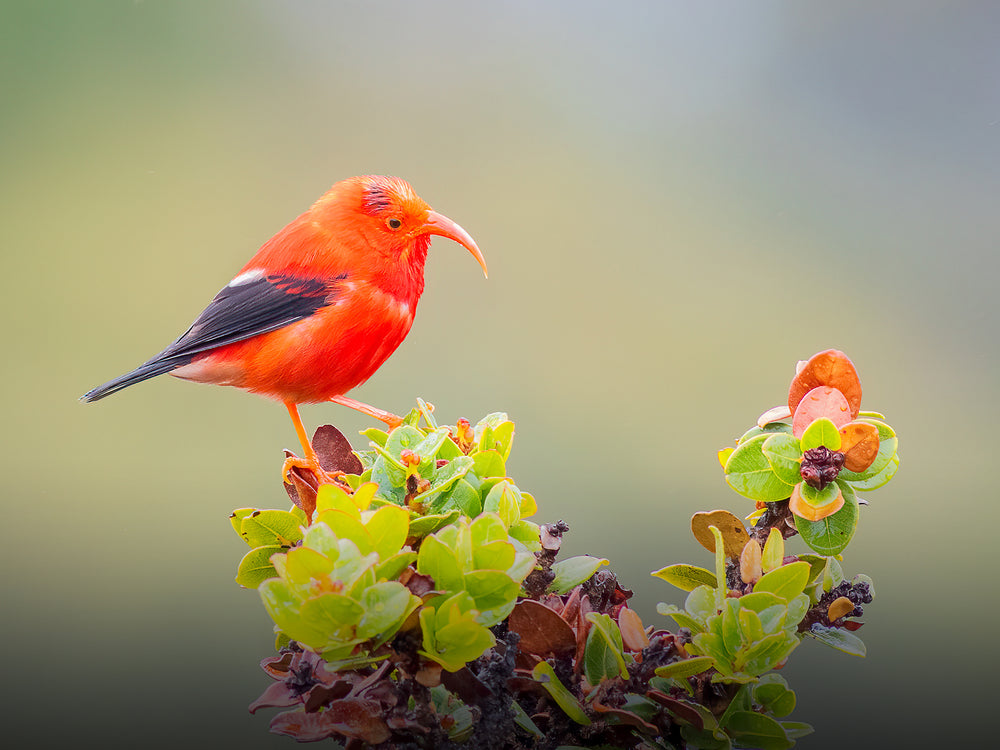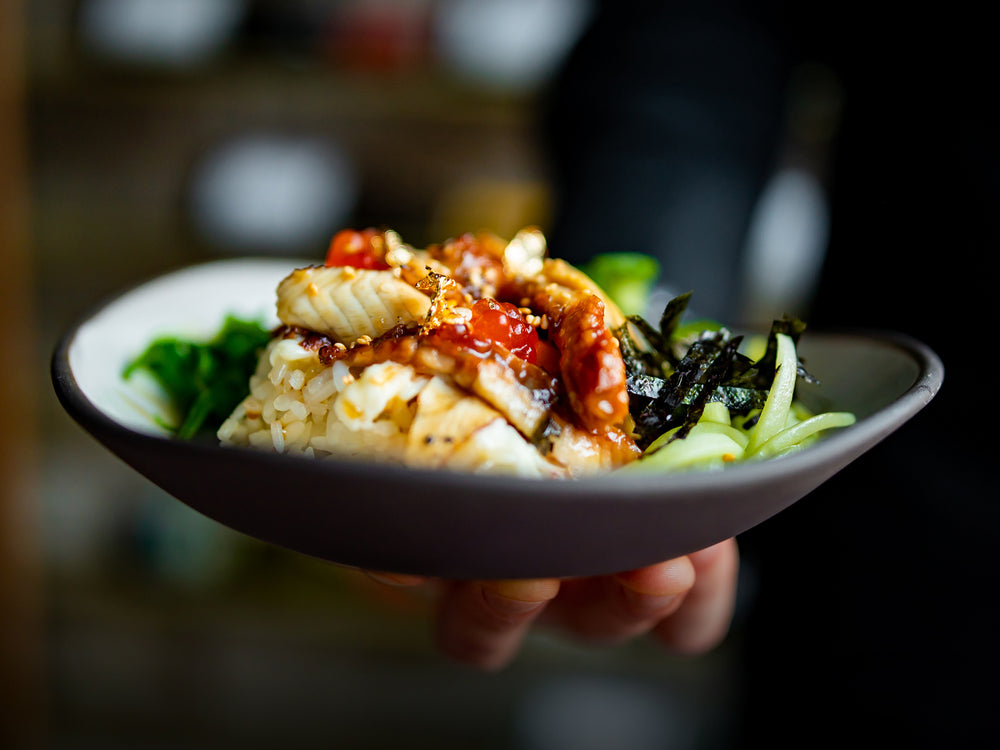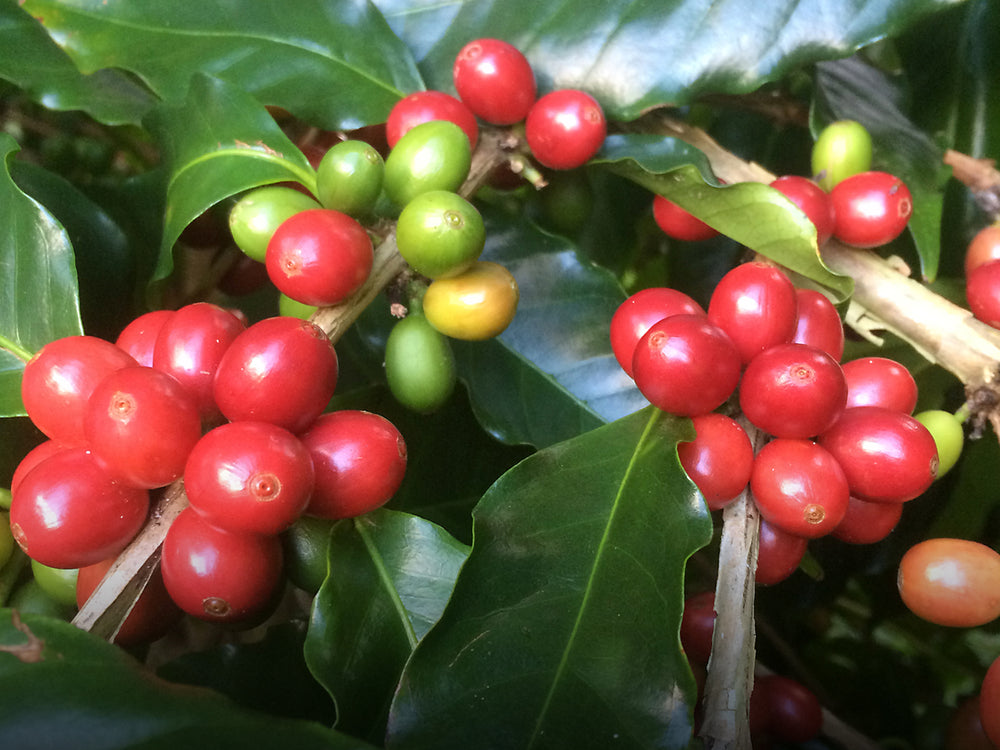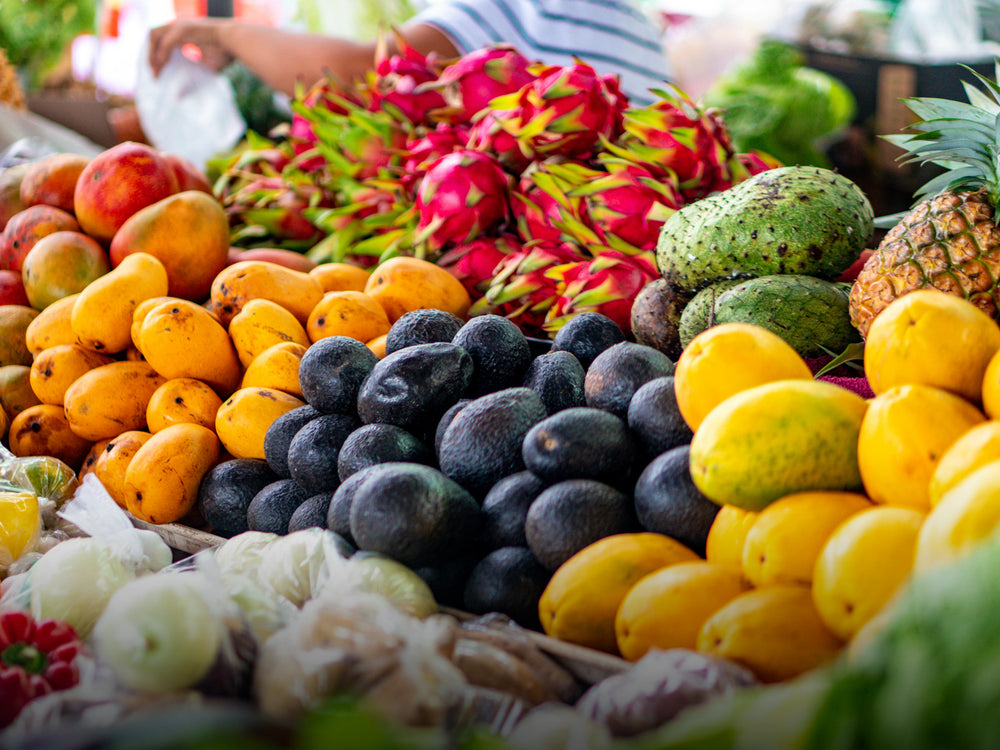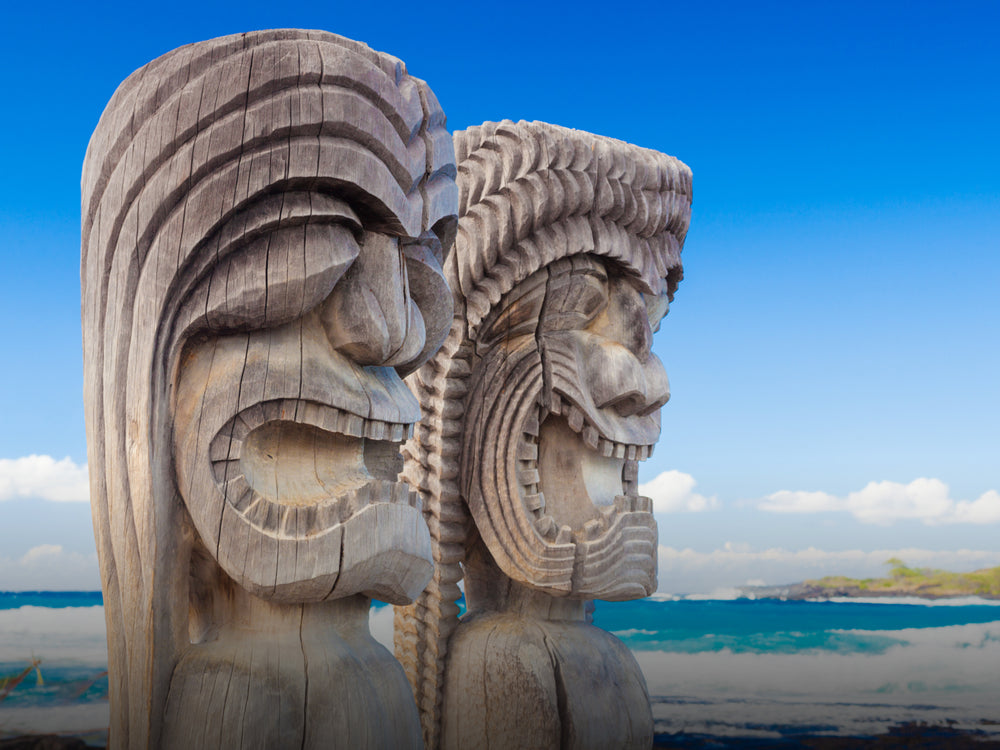Plantation Days And Henry Akana
by Veronica S. Schweitzer

Henry Akana, home in Kohala. photo credit: Veronica S. Schweitzer
Sugar Time: Days of hardship bordering slavery; of friendships before the impersonal electronic age; and of survival skills that have disappeared with time.
Henry Akana, now in his 80's, was born and raised in Kohala. Like all other boys and many girls, he started working the plantation at age 14. His first job? "Hoe hana", hoeing endless rows of cane under a relentless sun. Even though life was cheap back then he started out working for 35 cents a day.
Socializing happened around the rivers and the sea. Despite heavy schedules, there was always time for fun as clear rivers and fresh-water ponds were places for fun! The water rescued the laborers, relieved their stress. And it was at the river that plantation workers met with friends, took their baths, and cleaned their clothes. Girls and boys played naked. And why not?
Cane cutting girls in the Puna sugar cane fields. Circa 1920's. Picture courtesy of Citizens of Pahoa.
The different ethnic groups, such as the Puerto Ricans, Portuguese, Japanese, Filipino, or Chinese, were attached to little from their far off culture and tradition and lived in separate housing camps. Each neighborhood had its own grocery store, maybe a butcher or a tailor, a school, and often a theater.
Plantation technology developed over the years. In the early days before the train system cane was pushed from field to mill through miles of flumes with thousands of gallons of water. Over the years Akana worked it all. He was a welder, heavy-equipment operator, cane-truck driver, mill operator, and railroad engineer, among other jobs.
At home and at work, life revolved around sugar but also wood. Without it there was no way to heat food, water, or generate energy to run the engines. In fact, laborers spent most of their free time building fire stacks. They also grew their own food, and raised pigs and chickens.
"Life was hard, but there were no problems like nowadays," Akana explains. Less emotional problems at least, and no drugs, and less crime. "And no divorces like now," he adds, himself coming from a family of nine kids, and having raised five of his own.
The only vice? Alcohol. Especially a libation named "okolehao", a distillate from the cooked, candy-sweet ti-root. Rough and fierce like rocket fuel. He says "Makes you go upside down," and as he laughs he adds "Guys fight at night, next morning they already forget."
A sugar plantation luna from Puna circa. 1920's. Picture courtesy of Citizens of Pahoa.
On the plantation corruption thrived. In charge of the plantation workers was the luna, the boss. "Often mean," Akana recalls. Some lunas thought nothing of grabbing guys, shaking and humiliating them. Favoritism paired with cruelty ruled rather than fairness, skill, or capability.
Akana recalls one luna, a man from Scotland, begging him to take him fishing. But Akana wasn't sure. "Don't worry, lad," the luna said, with the rolling, dry accent from the Scottish Highlands.
When Akana agreed to take him fishing the luna fell on the slippery rocks and was cut. In the process of being hurt the luna could have easily drowned as well. And, the incident could have caused Akana to have lost his job but instead the luna decided to hire Akana to catch his seafood, alone, then deliver the catch to his house. During plantation hours Akana told management that he did his work.
Akana then adds, "Those were the days," his eyes warm with the memories. And he shakes his head...
A day at the sugar plantation, a mere 70 years ago:
4.00 am - Rise: Make lunch. Tend pigs and chickens.
5.00 am - Plantation Whistle: Walk to mill. Look after work animals, such as mules.
6.00 am - Check in with luna. Walk to job site. This could be 2 hours through the fields!
11.00 am - Half hour break.
3.30 am - Pau hana: done with work. Whistle blows. Tend work animals. Walk home.
5.30 p.m. - Make fire; tend animals and vegetable garden; bathe; wash clothes; cook dinner
8.00 p.m. - sleep
Readers may submit editorial comments to any of our stories by sending an email to les@lbdcoffee.com. We would be happy to attach your comments and feedback to anything we publish online. Thank you for your interest.
Story appeared originally in Coffee Times print magazine and appears online for archival purposes only. Any use or reprinting of these stories without the expressed written consent of the author is prohibited.



